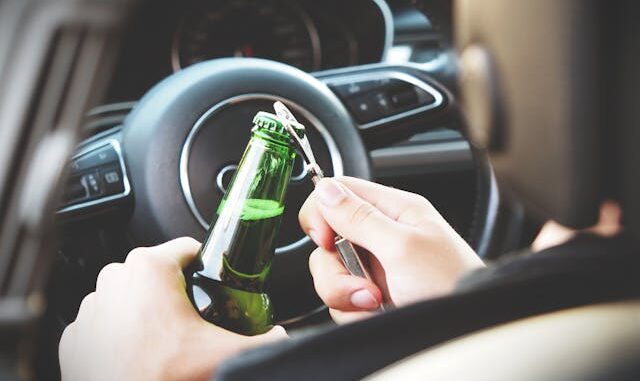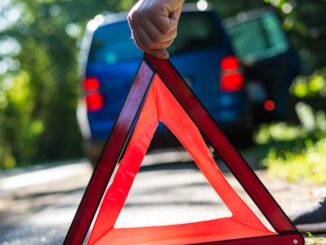
Experiencing a car accident in Ontario can be stressful, and if charges are laid by the police at the scene, it adds another layer of complexity to an already challenging situation. Understanding what to do when facing charges can help you navigate the aftermath of a car accident effectively. This article explores the steps you can take and provides insights into dealing with charges laid by police in Ontario. Keep in mind that even if you’ve been charged, you may be entitled to various Accident Benefits from your own insurer if you’ve been injured. Contact a Personal Injury Lawyer right away, even if you’ve been charged.
Types of Charges Laid at the Scene
Police officers may lay charges at the scene of a car accident based on their assessment of the circumstances and evidence gathered. Common charges include:
Traffic Violations:
- Speeding
- Running a red light or stop sign
- Failure to yield
- Reckless driving
Criminal Offenses:
- Impaired driving (driving under the influence of alcohol or drugs)
- Dangerous driving causing bodily harm or death
- Hit and run
Administrative Charges:
- Driving without a valid license or insurance
- Equipment violations (e.g., faulty lights, tires)
Immediate Steps to Take After Charges Are Laid
Stay Calm and Cooperative:
- Remain calm and cooperate with the police officers at the scene. Avoid arguing or admitting fault, as statements made can be used against you.
Understand the Charges:
- Ask the police officer to explain the charges laid against you. Understanding the nature of the charges is crucial for knowing what legal implications you may face.
Gather Information:
- Collect contact information from witnesses and obtain a copy of the police report, if available. This information may be useful for your defense later on.
Do Not Discuss the Accident Publicly:
- Refrain from discussing the details of the accident or charges on social media or with the press. Anything you say publicly can potentially be used as evidence.
Legal Options and Considerations
Seek Legal Advice:
- Contact a qualified criminal defense lawyer who specializes in traffic offenses and car accidents. A lawyer can provide legal advice specific to your situation and represent you in court if necessary.
Review Your Rights:
- Understand your legal rights, including the right to remain silent and the right to legal representation. Exercise these rights appropriately when dealing with law enforcement.
Prepare for Legal Proceedings:
- If you intend to dispute the charges, gather evidence to support your defense. This may include witness statements, photos of the accident scene, and any relevant documentation.
Court Appearance:
- Attend all court appearances as required. Failure to appear can result in additional legal consequences, including a warrant for your arrest.
Impact on Insurance and Driving Record
Insurance Consequences:
- Traffic violations and criminal charges related to driving can impact your insurance premiums. Insurance companies may view you as a higher risk driver, leading to increased premiums or even policy cancellation.
Driving Record:
- Charges and convictions will appear on your driving record. Depending on the severity of the charges, this can affect your ability to drive, obtain employment (especially if driving is part of the job), or cross international borders.
Should You Fight the Charges?
Evaluate the Evidence:
- Assess the evidence against you and discuss it with your lawyer. If there are strong grounds to challenge the charges (e.g., insufficient evidence, procedural errors), fighting the charges may be advisable.
Consider Plea Bargaining:
- In some cases, your lawyer may negotiate with the prosecution for a plea bargain, which could result in reduced charges or penalties. Consider the potential benefits and drawbacks before making a decision.
Steps to Mitigate Legal Consequences
Comply with Legal Requirements:
- Follow all legal requirements, such as attending court dates and complying with any conditions set by the court or law enforcement.
Seek Rehabilitation if Necessary:
- If the charges involve impaired driving or other serious offenses, consider enrolling in rehabilitation programs or counseling. This may demonstrate your commitment to addressing any underlying issues and could be viewed favorably by the court.
Conclusion
Dealing with charges laid by police at the scene of a car accident in Ontario requires careful navigation of legal procedures and considerations. By staying calm, understanding your rights, and seeking legal advice promptly, you can effectively manage the impact of charges on your life and driving record. Whether you decide to fight the charges or negotiate a plea bargain, having a knowledgeable legal advocate on your side can make a significant difference in the outcome. Remember to prioritize safety on the road and take proactive steps to protect your legal interests in the event of an accident.



